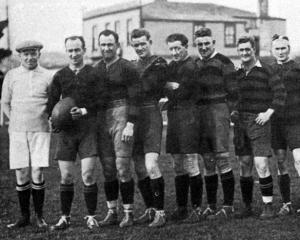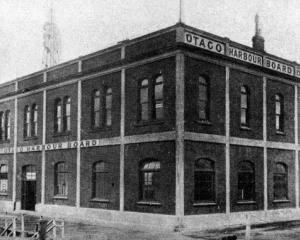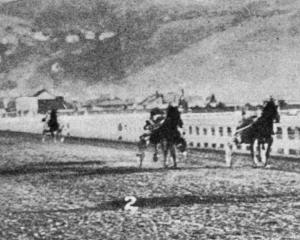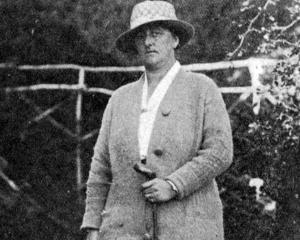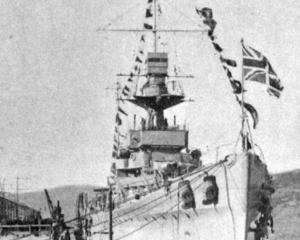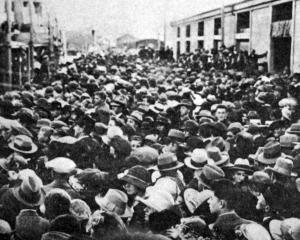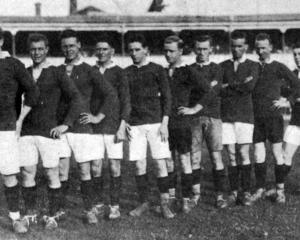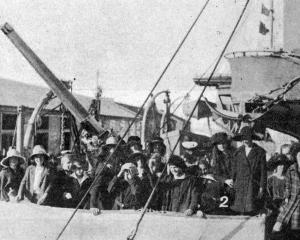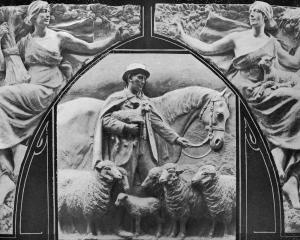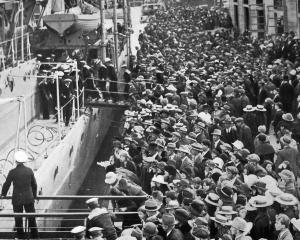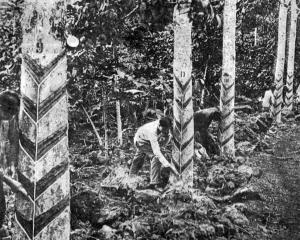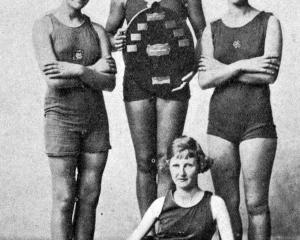London: Referring to the death of Lord Kitchener, Colonel Repington writes: "In the presence of the catastrophe we can think of nothing but the real greatness of the man and his distinguished services to the Empire. We shall never see his like again.
"His extraordinary figure towered over all contemporaries in individuality and inches. Though he often stood alone, his personality was enough to carry him triumphantly through difficulties which would have ruined many more brilliant men. He was a curiously lonely figure. He repelled friendships, and though his few cronies were devoted to him, he never sought to make new ones. In some ways he was a shy man, and he never courted the popularity of the public or the army. He preferred to work alone - to concentrate all the power in his own hands and make himself his own chief of staff. Those of us who served on his staff with the troops under him look back proudly upon his great achievements in Egypt and the Sudan, his famous work in India, and his good services in Australasia. We have had our bad days and our disappointments, but in all the upheavals of this mighty war Lord Kitchener's figure stood out apart from the rest. Every attack left him stronger than before. The name of Kitchener will always stand high on the roll of honour, and be a symbol of public duty resolutely performed.''
•Prior to the commencement of proceedings in the Supreme Court at Napier this morning, Sir Robert Stout made very feeling reference to the death of Lord Kitchener.
Kitchener certainly was not a New Zealand settler, said his Honor, but his father had at one time resided in the dominion, and the speaker had known him quite well. Deceased's sister and brother also had been settlers in the dominion.
ne and all would deeply regret the loss of so great a soldier, whose death probably was the outcome of the universal spy system which had been spread throughout the Empire by Germans.
The Empire's loss was very great, especially at such a time as this, and Lord Kitchener's place would be a hard one to fill. Every person in the courthouse stood during his Honor's remarks.
•A remarkable incident, which may be regarded as a sequel to the unfortunate loss of the Hampshire, was brought under our notice last evening.
While Corporal M'Bride, of the New Zealand Field Artillery, who left New Zealand with the Main Body, was serving at Gallipoli, a bomb was dropped from a Turkish aeroplane, and landed on the parapet of the gun emplacement, killing his brother, and also seven other soldiers.
Corporal M'Bride received an injury to the spine, which affected his right arm and leg. The leg got better, but the arm was paralysed, and after spending seven months in hospital in Cairo and two months in the Wellington Hospital, Corporal M'Bride came to Dunedin about a fortnight ago with the object of having it amputated, his medical advisers having recommended such a course.
He was lying in bed on Wednesday morning when the news of the loss of the Hampshire reached Dunedin, and when he was informed of what had occurred he got a severe shock, as he had served under Lord Kitchener at Omdurman and in the South African war, having been present at the capture of General Cronje at Paardeburg.
While he was grieved at the death of such a distinguished soldier, however, he was surprised and delighted to discover the shock which he had received had resulted in the restoration of the use of his arm. Last evening Corporal M'Bride was able to use his arm freely.
- ODT, 9.6.1916.
COPIES OF PICTURE AVAILABLE FROM ODT FRONT OFFICE, LOWER STUART ST, OR WWW.OTAGOIMAGES.CO.NZ

